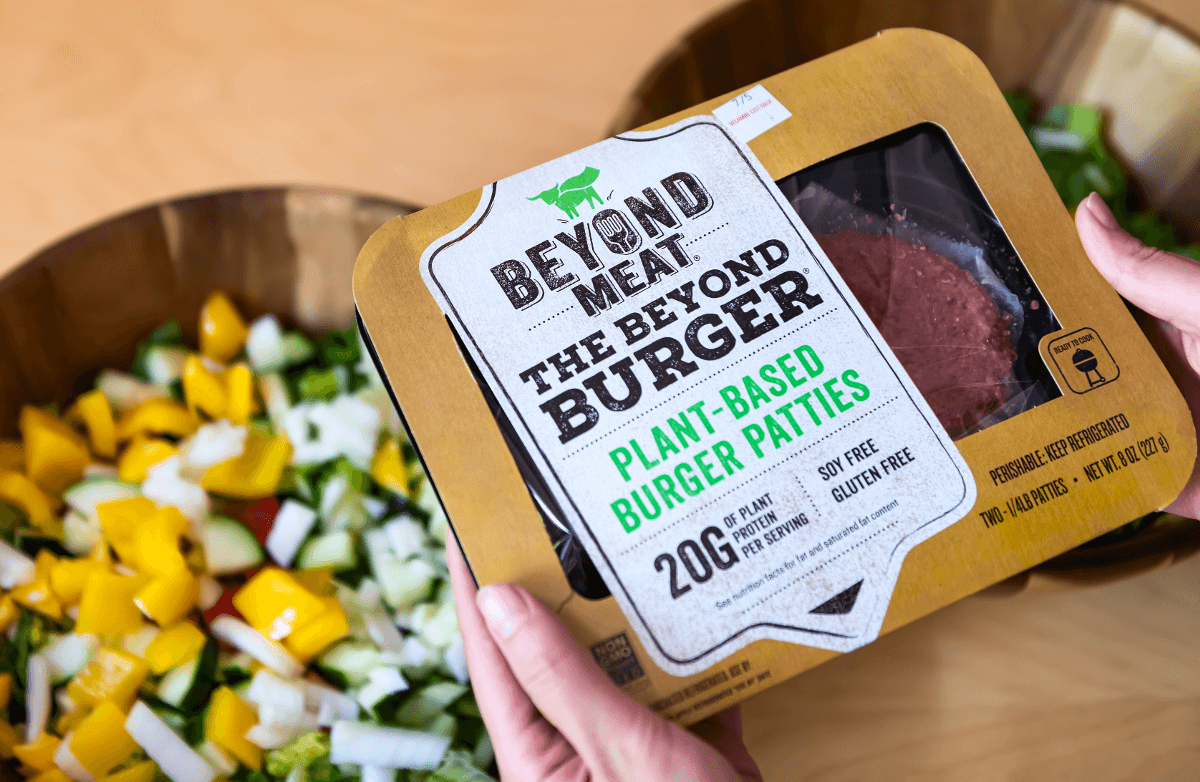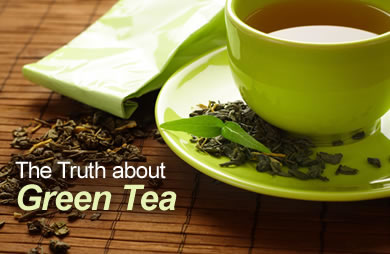|
If you're a label-reader like I am, you know how to spot the foods you should avoid and the ones that can easily be incorporated into a healthy diet. I try to avoid foods that have tons of ingredients on the label, especially when most of them are things I don't even know how to pronounce. But not everyone has the time or interest to investigate what is in the foods they are eating. They take a quick look at the label and if it sounds generally healthy ("made with whole grains", "natural"), then the package goes into their shopping cart. Do you think they'd be less-likely to eat unhealthy junk foods if they came with a warning label? We've blogged in the past about the proposal to use taxes as a way to discourage people from purchasing unhealthy foods. (Would taxes on junk food promote healthier eating? and Should We Impose an "Obesity Tax" on Soft Drinks? are two examples.) Opponents of this idea say it's not an effective way to curb junk food consumption, because many people are willing to take the financial hit and continue buying the products (or just buy the generic soda instead of name-brand.) A new study in the Journal of Consumer Affairs suggests that warning labels (combined with the tax) are a better way to discourage people from making these purchases. The study asked consumers to choose between three snacks: a high-fat snack with a warning label, a high-fat snack without a warning and a healthier option. "The researchers found that people responded in one of three ways: One group heeded warning labels, another avoided less healthy snacks and was more sensitive to price when a warning label was present, and a third group was sensitive to price but not to warning labels." Using the warning to tell people the product is unhealthy and that's why it's being taxed was more effective than just a tax alone. "This product is high in fat. It has been taxed due to its less healthy nutritional content,” is an example of one. I think these warning labels are an interesting idea. Not everyone has the time or interest to read labels as they are quickly trying to get their shopping done after a long day. But seeing a quick disclaimer on the front of a product might make you think twice before deciding to buy. What do you think? |
Popular Entries
More From SparkPeople
|















